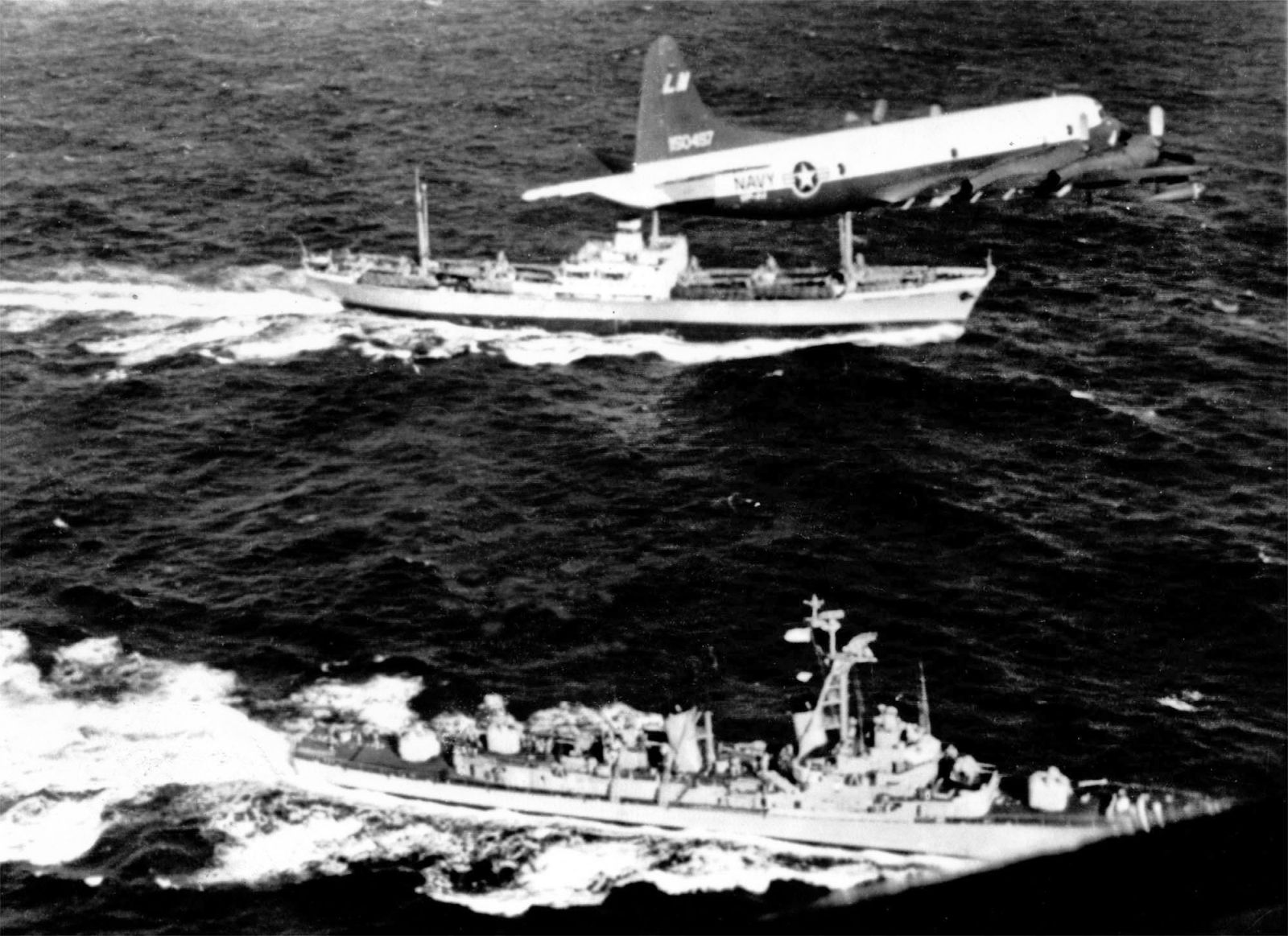Global governance
Stand up to the White House

US President Donald Trump has now been in office for three years. In this short time span, it has become abundantly clear that his unilateral approach to global affairs does not work - especially, but not only in the Middle East.
The latest proof is the Iran crisis. On the brink of war, Trump first threatened to bomb cultural sites. That would amount to a war crime. He later backed off. He also demanded that allies put coordinated pressure on Iran in the pursuit of a new agreement to prevent nuclear proliferation. The irony is that the current escalation of tensions is the result of his unilateral withdrawal from the old agreement. It always was none-sense to believe that the USA is so strong that it can dictate conditions to partners in any kind of negotiation as long as it is not restricted by global rules and diplomatic conventions.
The White House claimed that the deadly US attack on Qasem Soleimani, the Iranian general, on 3 January had made the world safer. The families of those who died Wednesday on board of the Ukrainian airliner shot down by a Iranian missile near Tehran certainly do not agree. Yes, Iran is directly responsible for this brutal action. However, the missile would certainly never have been shot had Trump stuck to the nuclear deal in the first place. Adding to the problems, he proved an utterly unreliable ally and erratic player in the Middle East. Anyone who doubts that should ask the Syrian Kurds he abandoned.
When a superpower cannot be trusted, it cannot rely on partners. If rules don’t apply to all relevant parties, no one will feel bound by them. Trump’s isolationism has indeed isolated the USA, but not in a good way. His administration is not achieving policy goals. It is spreading confusion and chaos.
The global trade regime is in disarray. The trade war with China is undermining investor confidence, and how it will evolve is impossible to predict. The White House promises there will be a preliminary agreement soon, but it does not disclose details and it is known to act erratically. Trade relations with other countries look shaky too. Compounding the problems, the World Trade Organization has been weakened because, due to US obstruction, its dispute settlement system is no longer functional.
One year ago, Trump made the world believe his sanctions would help to end the grip on power held by Venezuela’s autocratic President Nicholas Maduro. Even though several other governments, including the German one, fast endorsed Trump’s unilateral initiative, Maduro is still in office, and the plain fact that he endured in spite of months of mass protests suggests that his position today is actually stronger than it was last January.
In the meantime, global heating is accelerating. The impacts are being felt around the world. The hurricanes that hit Puerto Rico and Houston in 2017 were examples of how extreme weather situations are getting worse. Wildfires in California in 2018 and – even more dramatically in Australia in recent weeks – offer similar evidence of even highly developed nations not being safe. Nonetheless, Trump still denies climate science, and so does Scott Morrison, the right-wing prime minister of Australia. Both policymakers have been doing their best to thwart multilateral action to the climate crisis. The problem is that things will only get worse if all parties only try to maximise their own benefits.
As we keep reiterating on this platform, global heating is a global challenge and requires global action. Humankind must urgently reverse emission trends. The alternative is to let things spin out of control even more. The world order would become increasingly unstable.
Of course, the kind of major war that may yet erupt in the Gulf region would exacerbate those dangers. Military conflict always proves massively destructive, and we should start to take into account the devastating impacts it must have on the climate too. The international community cannot afford such a disaster.
Without multilateral policymaking neither peace can be ensured nor climate protection be brought about. Responsible governments around the world must not allow irresponsible populists to undermine the global common good. They would do well to forge alliances and stand up to the current US administration. Their diplomatic efforts should not only engage the White House, but also the US Congress and state-level policymakers. As we are not living in normal times, innovative approaches to diplomacy are warranted.
This blogpost was updated on 12 January 2020 at 9:45 a.m. Frankfurt time.











